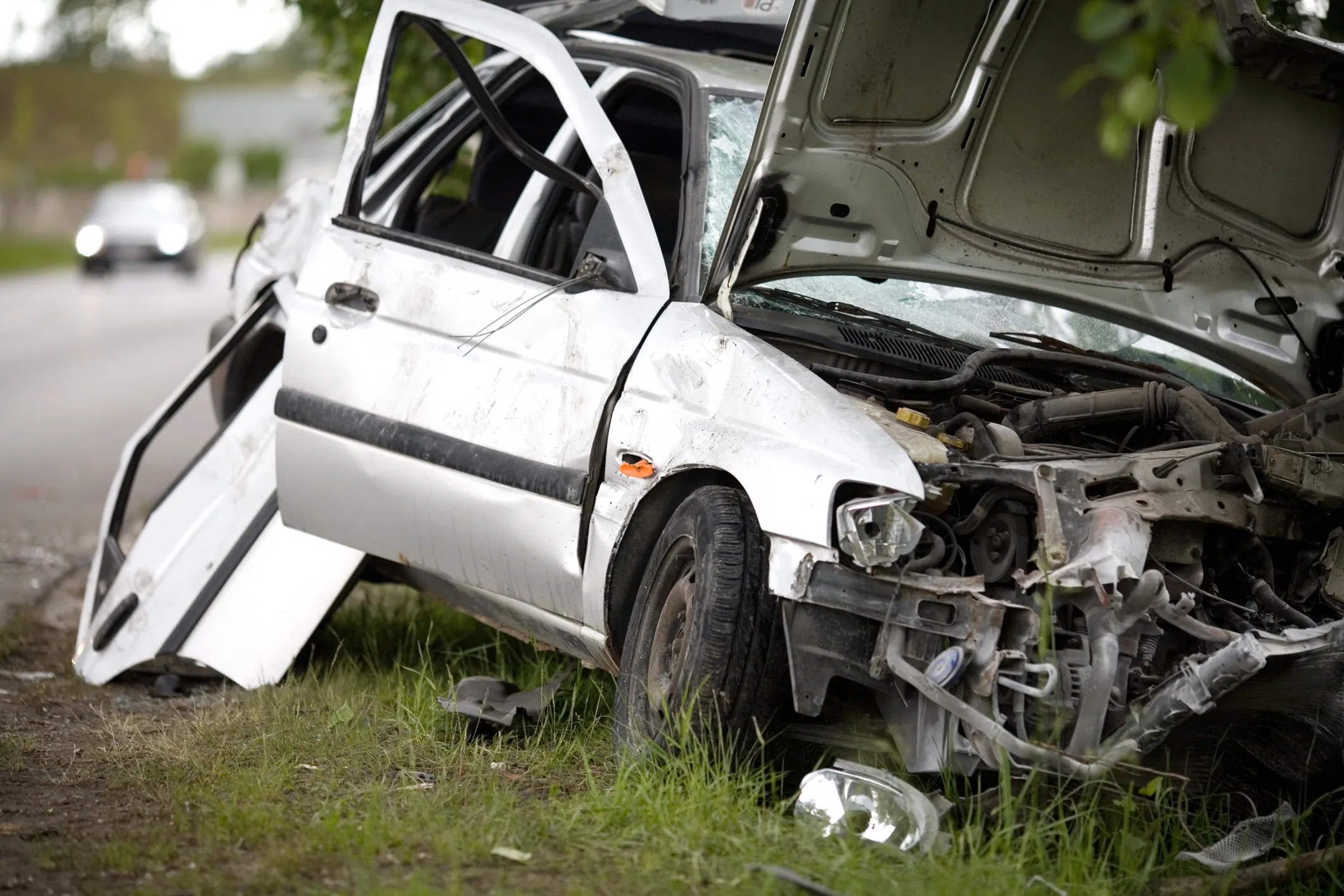A Pan-European police operation enforcing the use of seatbelts has been carried out recently. The aim of the programme has been to encourage vehicle occupants to wear seatbelts and increase their chances of survival in the event of an impact. Despite the well proven safety benefits of seatbelt use, some vehicle occupants still opt not to wear them, giving such excuses as discomfort from the seatbelts or concern that they may crumple clothes. There is research linking the risk taking behaviour of those drivers who do not wear seatbelts to a higher incidence of crashes due to poor levels of judgement.
Pan-European seatbelt safety focus
A Pan-European police operation enforcing the use of seatbelts has been carried out recently. The aim of the programme has been to encourage vehicle occupants to wear seatbelts and increase their chances of survival in the event of an impact. Despite the well proven safety benefits of seatbelt use, some vehicle occupants still opt not to wear them, giving such excuses as discomfort from the seatbelts or concern that they may crumple clothes. There is research linking the risk taking behaviour of those drive
September 8, 2014
Read time: 2 mins






